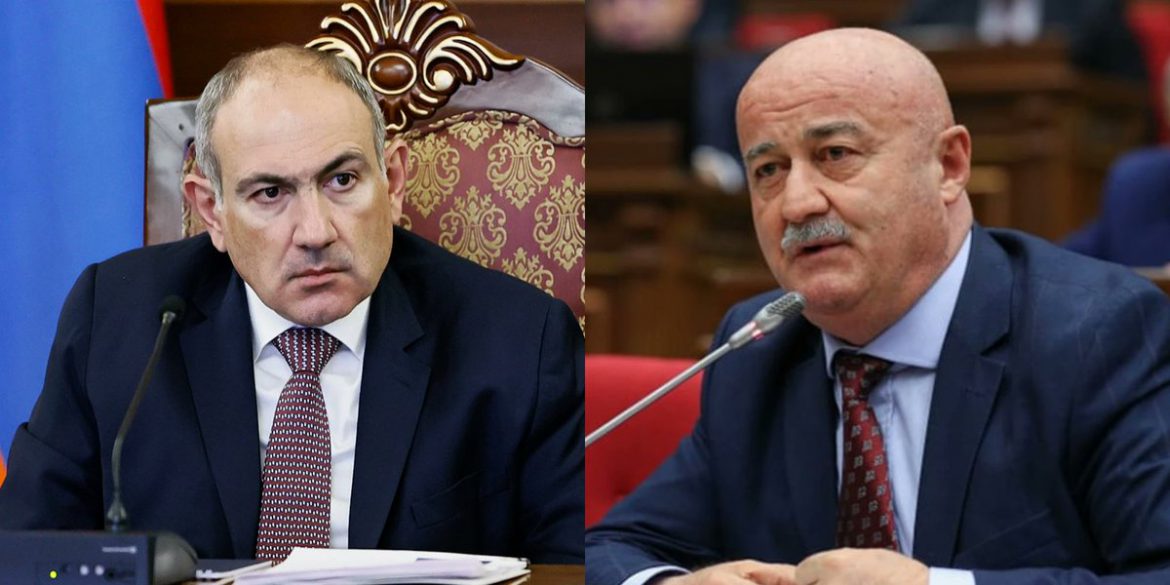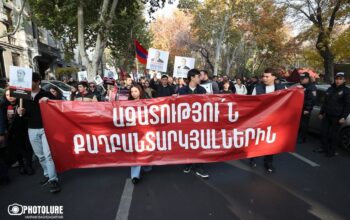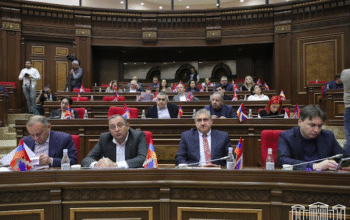Hovik Aghazaryan, a lawmaker under intense government pressure to resign from Armenia’s parliament, is calling for a criminal investigation into the alleged illegal disclosure of personal data from his confiscated mobile phone. The controversy has ignited questions about privacy, political coercion, and the limits of executive power.
Prime Minister Nikol Pashinyan reportedly gained access to the data after Aghazaryan refused a resignation request sent via text message on November 17. Pashinyan later shared the information with senior members of his Civil Contract party, who subsequently expelled Aghazaryan on December 3. The party accused him of leaking sensitive state and party information to the media and breaching norms of public morality.
Addressing the National Assembly on December 4, Pashinyan denied any wrongdoing, suggesting that another security agency, likely the National Security Service (NSS), had passed on Aghazaryan’s data after uncovering unspecified “threats to state security.”
Aghazaryan’s lawyer, Hakob Charoyan, countered these claims on December 5, asserting that the handling of the lawmaker’s personal information constitutes a criminal act under Armenia’s Criminal Code. Charoyan revealed that he has formally petitioned prosecutors to investigate the Anti-Corruption Committee (ACC), which confiscated Aghazaryan’s phone and interrogated him multiple times last month.
“The data was ultimately disseminated by the prime minister,” Charoyan told Azatutyun. “We need to determine who initiated this breach.”
Meanwhile, the Office of the Prosecutor-General has suggested that Aghazaryan may face indictment. It announced on Monday that the ACC has been instructed to investigate reports alleging that the lawmaker leaked state secrets. Charoyan dismissed the allegations as “absurd.”
Pashinyan further stated on December 4 that “political, moral, and other levers” would be used to remove Aghazaryan from parliament. Critics have decried this as an improper directive to law enforcement and the judiciary, arguing that the only legal mechanism for unseating a lawmaker involves lifting their immunity and securing a criminal conviction.
The situation took a darker turn when Aghazaryan alleged on December 5 that influential individuals are threatening to expose intimate aspects of his private life unless he resigns. Some of this purportedly sensitive information surfaced on pro-Pashinyan social media pages in subsequent days.
Despite mounting pressure, Aghazaryan remains defiant, vowing not to relinquish his parliamentary mandate. He has not publicly identified those behind the alleged blackmail.
This unfolding saga raises serious concerns about the state of privacy, rule of law, and political accountability in Armenia, as government critics question the legitimacy of the actions taken against Aghazaryan.




